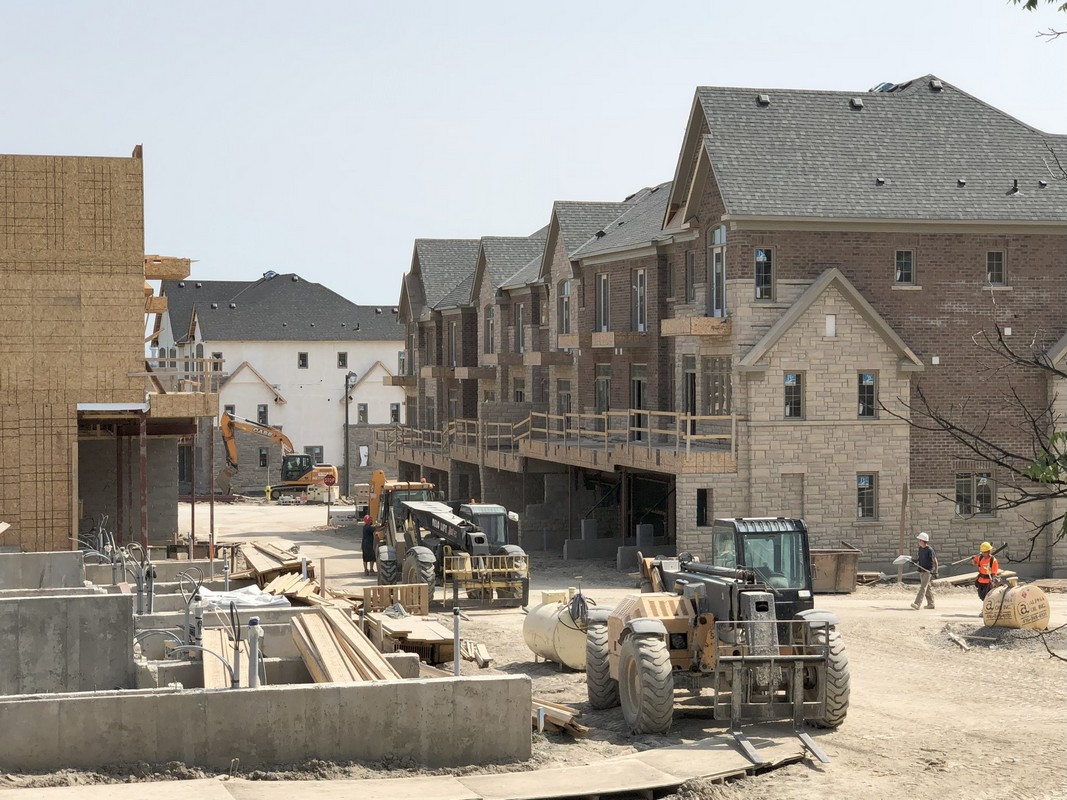

On September 14, 2025, Prime Minister Mark Carney launched Build Canada Homes (BCH), a new federal agency that will build affordable housing at scale.
The initiative aims to help fight homelessness by building transitional and supportive housing, working with provinces, territories, municipalities, and Indigenous communities. It will also build affordable and community housing for low-income households, and partner with private market developers to build affordable homes for the Canadian middle class.
The initiative will also oversee plans to build 4,000 homes on six federally owned sites, as part of a $13 billion agency budget to speed up affordable home building. Canada’s new government will capitalize BCH with an initial $13 billion.
This announcement has garnered strong reactions from various associations.
Toronto Community Housing Corporation’s (TCHC) is a partner with the City of Toronto in implementing the HousingTO 2020-2030 Action Plan, with a goal of approving 65,000 affordable and rent-controlled homes by 2030, and now looks forward to working with Mayor Olivia Chow and the City to support BCH.
“Toronto Community Housing is the most prolific builder of social housing in Canada, developing over 10,000 affordable homes in our recent history,” said Sean Baird, president and CEO of TCHC. “Today, we have another 10,000 new affordable units in our development pipeline that are ready to start construction. In partnership with the City of Toronto, we are ready to support the Government of Canada in their fight for housing affordability, buying Canadian materials and creating new jobs in industries across the country.”
The Federation of Canadian Municipalities (FCM) also said it welcomes the federal government’s BCH initiative as a “strong signal of leadership” on the housing crisis. FCM says that it shows a “clear commitment” to working in partnership with municipalities, provinces and territories, Indigenous governments, housing providers, non-profits, and developers to deliver solutions that meet the housing needs of Canadians.
“Municipalities are already leading on housing, and their continued leadership will be essential to the success of BCH. Local governments are champions in addressing homelessness and driving affordable housing solutions that meet the needs of their communities,” said FCM in a release. “Through BCH, municipalities can contribute land, support modular construction, and continue leading on zoning, approvals, infrastructure, and community planning. Municipal leadership is essential to the success of any national housing strategy.”
In particular, FCM commends the federal government for the inclusion of supportive and transitional housing for Canadians experiencing homelessness and emphasizes the need for sustained federal-provincial funding to make lasting progress on homeless encampments.
The Canadian Wood Council (CWC) also welcomes the launch of the BCH agency.
“This commitment to factory-built housing and prefabricated building components, including both mass timber and light wood frame systems, directly supports the architects, engineers, and builders we work with every day. It enables them to rapidly deploy quality homes at scale, while meeting Canada’s sustainability and affordability goals,” said Rick Jeffery, president and CEO of CWC. “We’re especially encouraged by BCH’s plan to adopt a ‘Buy Canadian’ policy and streamline permitting for bulk projects.”
Ahead of the announcement, the CWC, with Forest Products Association of Canada (FPAC), submitted recommendations to the BCH Market Sounding Guide highlighting how wood-based modern methods of construction (MMC), including mass timber, light wood frame, and modular systems, can reduce build times by up to 50 per cent, cut carbon emissions by 30 to 60 per cent, and lower long-term operating costs.